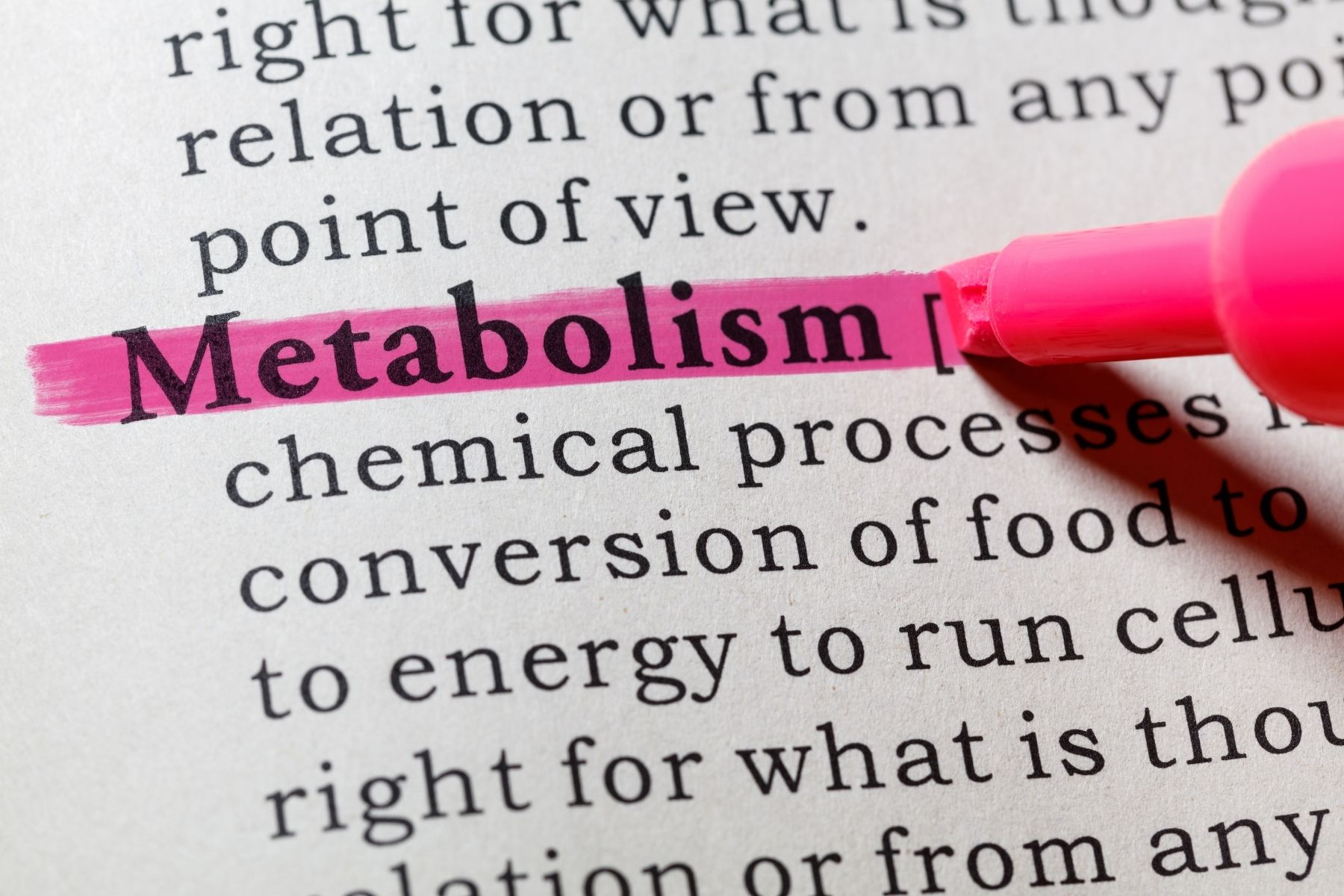Hot flashes, night sweats, and sleep disturbances - most postmenopausal women will experience these unpleasant symptoms, but how about those extra pounds? Is weight gain in menopause inevitable? The results of a new study on metabolism might surprise you.

Females enter menopause once they have gone a full year without having a menstrual cycle. It occurs in one's 40s or 50s with an average age of 51 in the United States.
Middle-aged women will often blame their weight gain on menopause, as it was originally thought that decreased estrogen levels lowered metabolism. However a recent study in the journal Science reveals that metabolism remains stable during this stage of life.
New Study Debunks Metabolism Myths

An international study conducted by 80 scientists was published on August 13, 2021. Data was pooled together on over 6400 participants, from 29 different countries, ages 8 days to 95 years old.
The results? Not what we originally thought or what I was taught in nutrition school. Our metabolisms DO NOT continually slow as we age.
The study revealed that metabolism is highest during infancy and up to the first year of life. From there, metabolism slows by about 3% each year up until the age of 20. Most shocking was that metabolism remains stable from ages 20-60 regardless of hormonal changes that occur during pregnancy and menopause. After age 60, metabolism slows by about 1% annually.
Why do Women Gain Weight During Menopause?

If metabolism remains stable during menopause, they why are women gaining weight?
Let's face it, life gets busy with work and kids! It's during this stage of life that we may find ourselves too busy to exercise, grabbing fast food, drinking more alcohol, and snoozing less.
Extra weight around the midsection can increase one's risk of heart disease, high blood pressure, stroke, type 2 diabetes, arthritis, and certain types of cancer.
How to Achieve a Healthy Weight During Menopause

Consume a Healthy Diet
Choose healthy foods such as fruits, vegetables, whole grains, legumes, nuts, and seeds. Plant-based diets can help you lose weight and keep it off, because they are packed full of fiber which helps fill you up without the extra calories.
Limit saturated fats such as fatty meats, cheese, butter, coconut oil, and cream.
Don't drink your calories! Limit alcohol, fruit juice, energy drinks, and sweetened coffee and tea.
Watch your portion sizes.
Limit late night snacking.
Exercise
Shoot for a total of 150 minutes of exercise (anything that gets your body moving) each week. This could be 30 minutes of exercise a day, 5 days a week, or could be broken up into smaller chunks of time. Go for a walk after lunch or dinner, take the stairs, do some yard work, or clean the house!
Strength training a couple of times per week is also important when it comes to achieving a healthy weight. Lifting dumbbells or using resistance bands will build muscle mass, which helps to burn calories more efficiently.
Sleep Well
Adults require 7-9 hours of sleep each night. And it’s not just the number of hours you sleep that is important, but the quality of sleep too! Poor sleep can worsen anxiety and depression, and increase your hunger hormones, ghrelin and leptin - all of which may lead to weight gain.
Are you one of 50-70 million Americans affected by sleep-related problems? If so, be sure to check out the following blog post: Thirty Ways to help you Fall Asleep Naturally.

Did you find this article helpful? Leave me a comment below. I love to hear from my readers! Need more individualized instruction on how to achieve your weight loss goals? Book a nutrition consultation with a Registered Dietitian!
Have you joined the Hoorah to Health Community on social media yet? Find us on Instagram, Facebook, and Pinterest!
More nutrition articles not to be missed-
- Flax Facts
- Coconut Aminos
- 50 Ways to keep your Heart Healthy
- Are you suffering from a Magnesium Deficiency?
